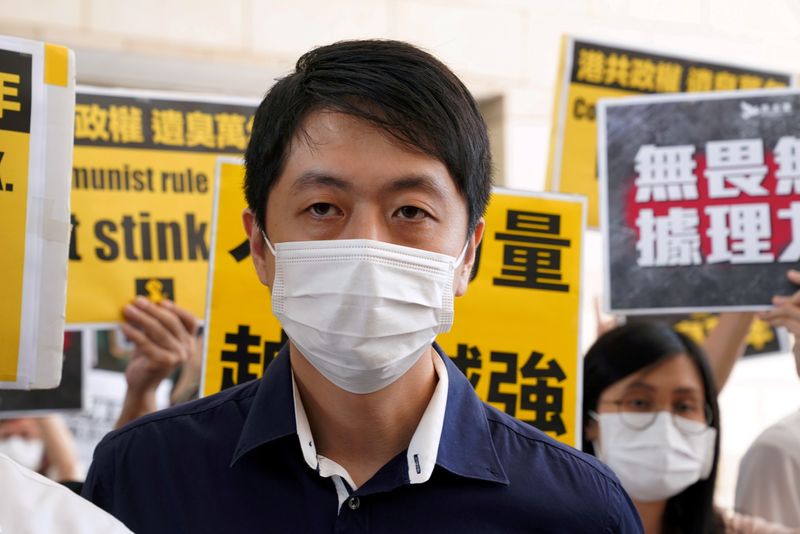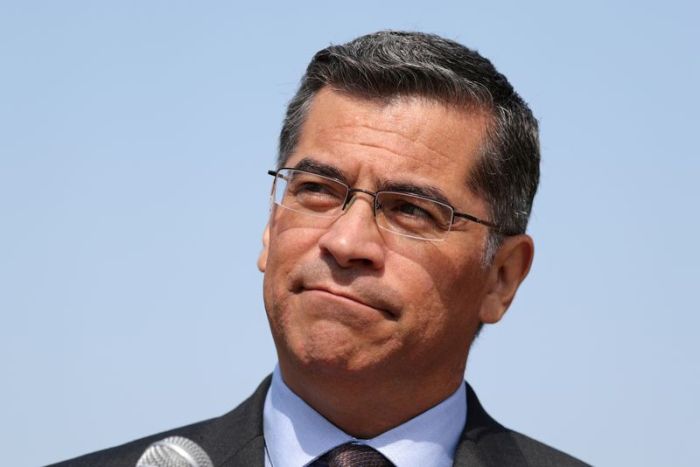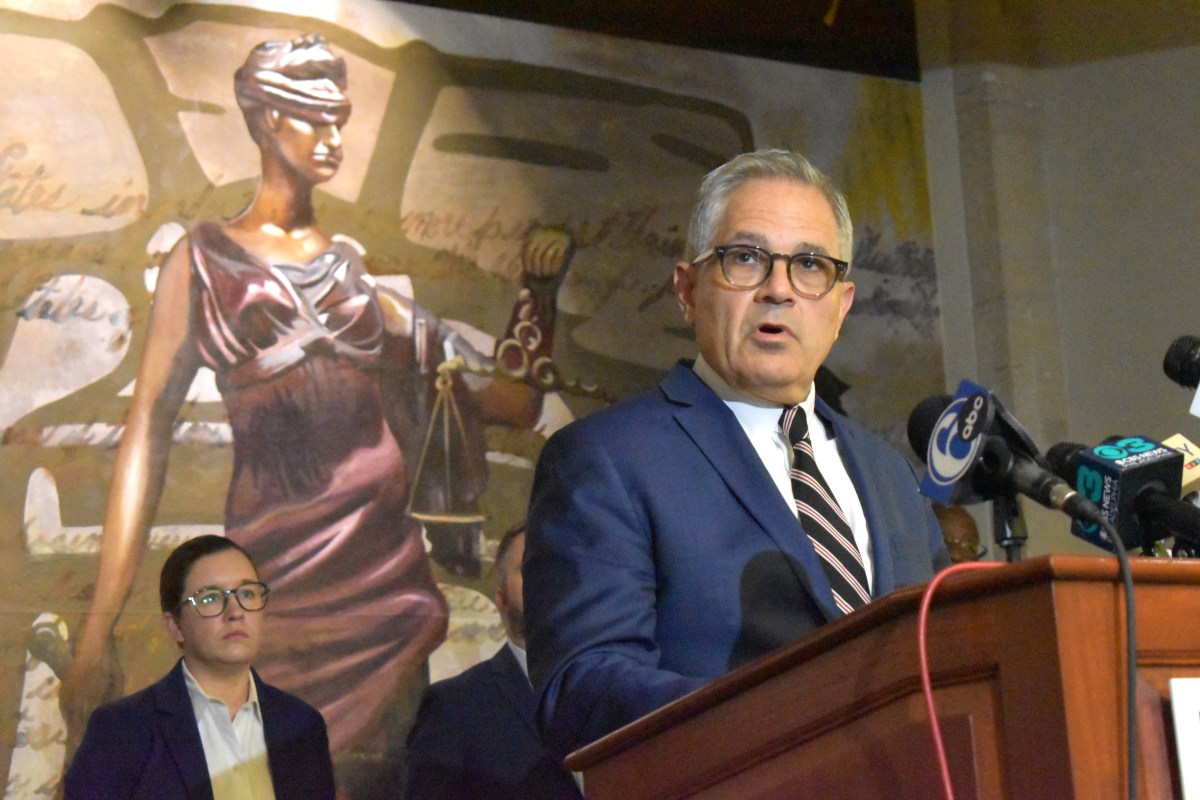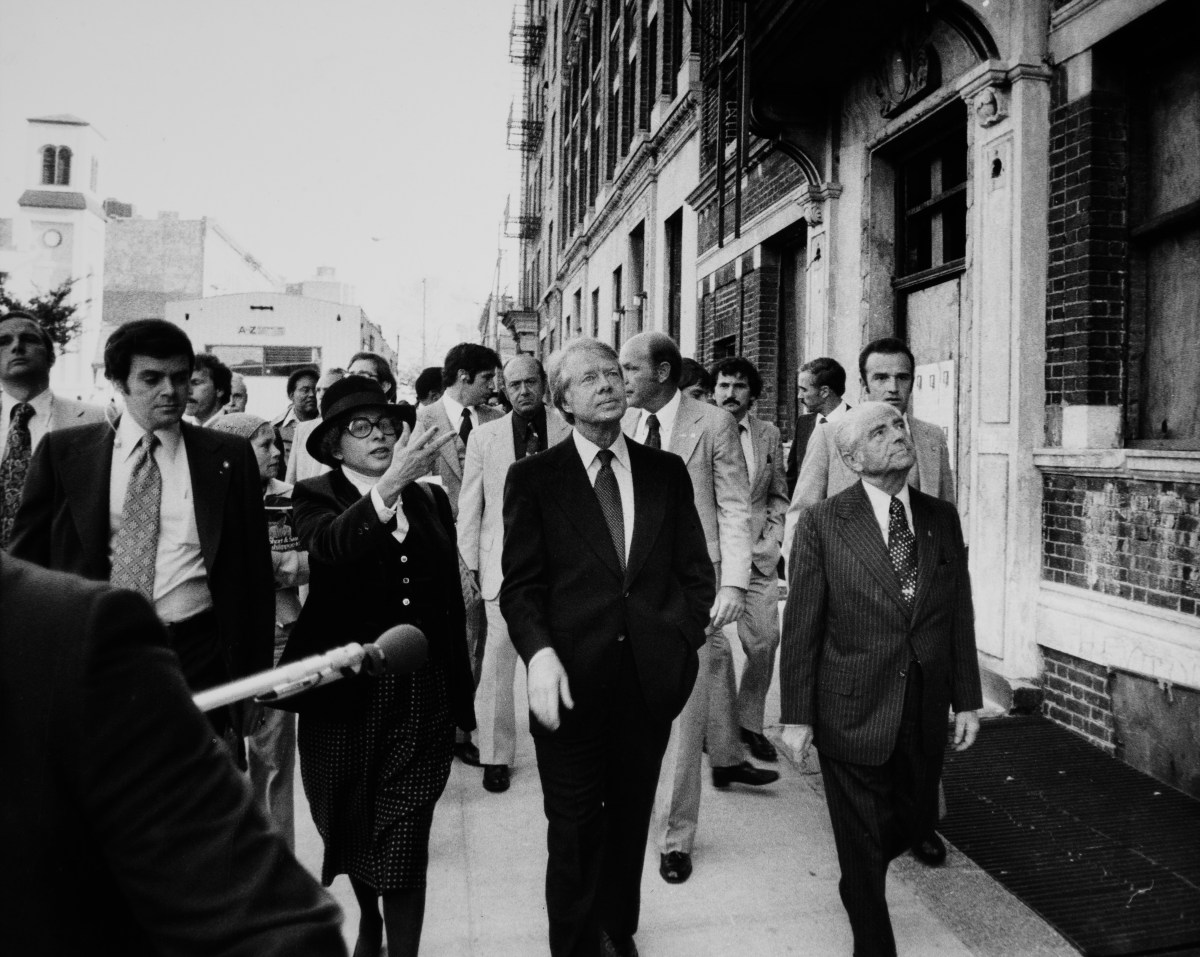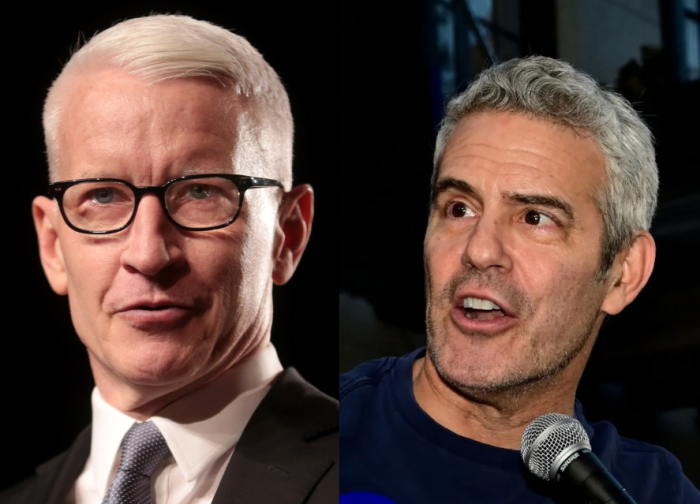HONG KONG (Reuters) – Hong Kong police said on Monday they had asked banks to freeze Ted Hui’s accounts because they suspected money-laundering by the ex-lawmaker, who fled to Britain after facing criminal charges related to anti-government protests last year.
Steve Li, senior superintendent of the police’s National Security Department, told a press briefing that authorities sought assistance from banks, which he declined to name, to freeze funds related to a crowdfunding operation tied to Hui.
“We found out that there were about HK$850,000 … being pocketed by him (Hui) and through some of the accounts owned by him and his relatives,” Li said, adding that the money frozen did not represent the total funds held by Hui and his family.
Hui said on Sunday that funds raised from a crowdfunding he initiated last year to fund a private prosecution against police had been deposited in a lawyer’s account and had nothing to do with him or his family.
The veteran activist said his wife, parents and his own Hong Kong bank accounts had been frozen after he left to pursue his pro-democracy activities overseas.
Li said the order to freeze the accounts was unrelated to Hui fleeing Hong Kong or the charges which he faces relating to anti-government protests in 2019.
However, comments Hui had made on social media after leaving Hong Kong violated its National Security Law for collusion with foreign powers, Li said.
Hui, who quit the Legislative Council last month in protest at the dismissal of four colleagues, urged Hong Kong and international financial regulators to investigate his case.
He told Reuters via social media on Sunday that bank accounts belonging to him, his wife and his parents at Bank of China Hong Kong, HSBC and Hang Seng Bank were frozen. He gave no further details.
‘COMPLETE DISTRUST’
Later on Sunday, Hui said on his Facebook page that his wife and parents’ bank accounts, together with part of his accounts had been unfrozen briefly and his family had moved funds swiftly from HSBC because they no longer trusted the global bank.
“Due to complete distrust of HSBC in Hong Kong, my family has immediately transferred their savings to some safe places,” Hui said.
HSBC said it was disappointed to see the circumstances being “misrepresented”, but did not elaborate, saying it was unable to comment on specific account activity.
“When banks are made aware of negative news in the market, they will enhance due diligence on the relevant accounts as part of their responsibility,” a HSBC spokeswoman said in an email.
“We have to abide by the laws of the jurisdiction in which we operate,” she said.
HSBC has found itself caught in the cross-hairs of pro-democracy protests in the former British colony, its biggest market, with its branches vandalised during some rallies.
Some protesters have accused HSBC of being complicit in action by the authorities against activists, which it denies.
A Hang Seng Bank spokesman said it did not comment on the details of individual accounts. Bank of China did not immediately respond to requests for comment.
Democracy activists say conditions have worsened in the former British colony after China imposed security legislation on the financial hub in June, making anything Beijing regards as subversion, secession, terrorism or colluding with foreign forces punishable by up to life in prison.
The United States is preparing to impose sanctions on at least a dozen Chinese officials over their alleged role in Beijing’s disqualification of the Hong Kong opposition legislators, three sources told Reuters on Sunday.
China, which promised Hong Kong a high degree of autonomy under its handover agreement with Britain in 1997, denies curbing rights and freedoms in the city and has condemned U.S. sanctions as interference in China’s internal affairs.
($1 = 7.7507 Hong Kong dollars)
(Reporting by Yanni Chow, Donny Kwok, Sumeet Chatterjee and Clare Jim; Editing by David Clarke, Anne Marie Roantree, Lincoln Feast and Alexander Smith)

